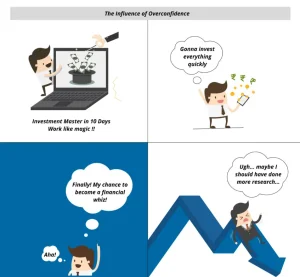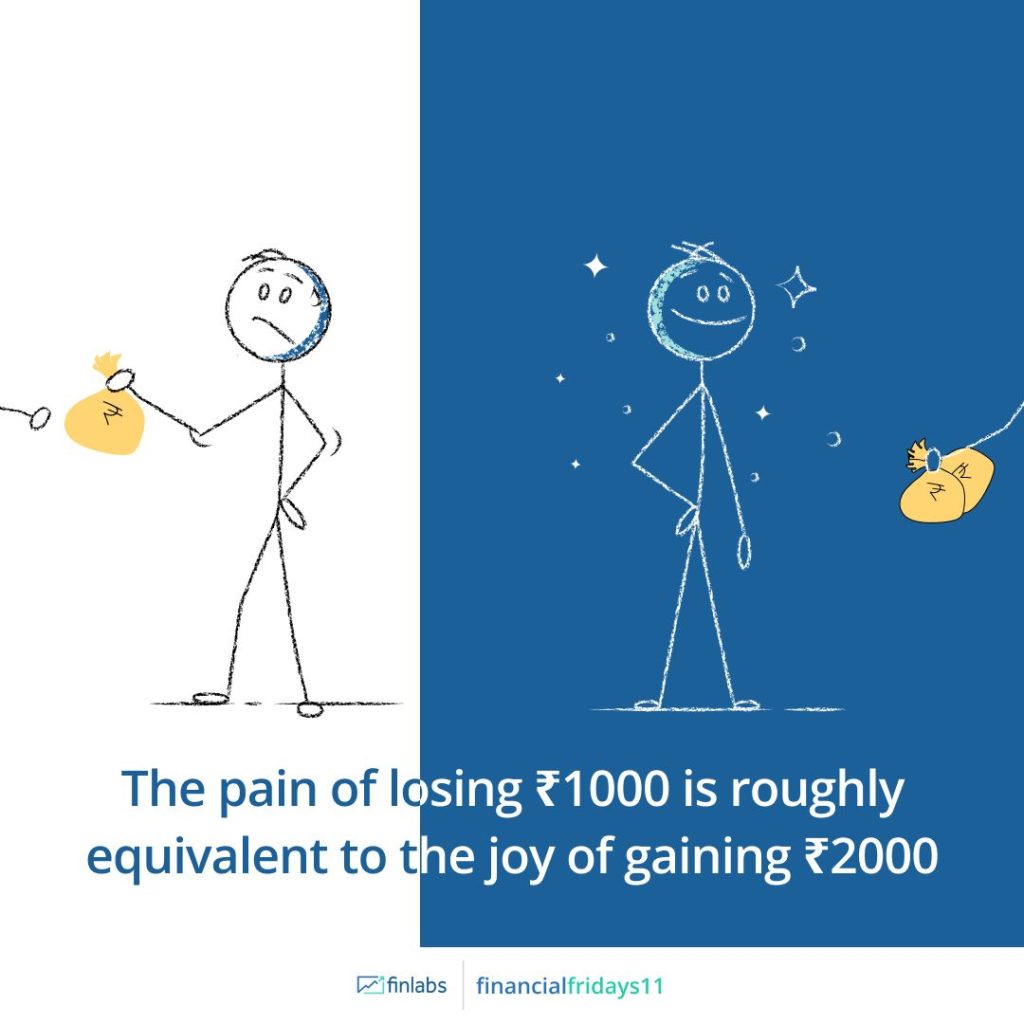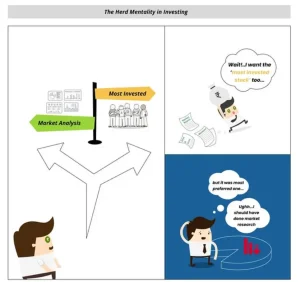It challenges the traditional assumption of rational decision-making in economics by examining why and how people make irrational financial choices. that #FF11 Behavioral finance explores how psychology affects investor decisions.
The Power of Loss Aversion-
Did you know that people tend to fear losses more than they value gains?
This is known as loss aversion, a key concept in behavioral finance. Let’s dive into the numbers!
Studies show that losses are psychologically twice as powerful as gains.
Fact: A study by Nobel Prize winners Daniel Kahneman and Amos Tversky found that the pain of losing $100 is roughly equivalent to the joy of gaining $200.
Insight: This bias can lead to irrational financial decisions, like holding onto losing investments for too long or avoiding risky, yet potentially rewarding, opportunities.
Stay tuned with hashtag#financialfridays11 for more insights into your financial behavior.
How do you handle losses? Share your thoughts in the comments!
*Source: Kahneman, D., & Tversky, A. (1979). Prospect Theory: An Analysis of Decision under Risk. Econometrica.

The Influence of Overconfidence
Are you overconfident about your investment skills? You might not be alone. Overconfidence can skew our financial decisions. Check out this surprising stat! According to



